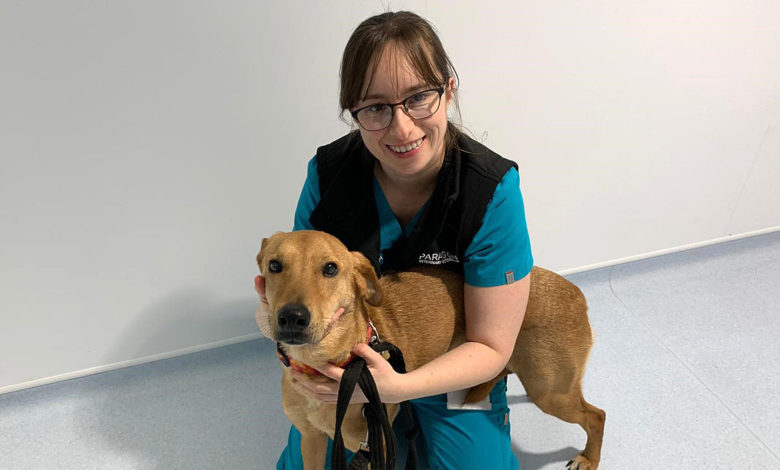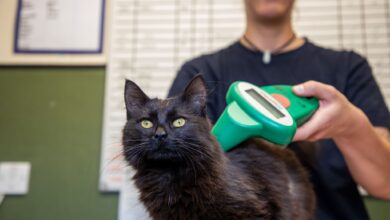Vets urge dog owners to be ‘extra vigilant’ on checks on imported animals

A veterinary specialist is urging dog lovers and other vets to be extra vigilant with health checks on animals imported from southern Europe or pets who’ve travelled to the region.







